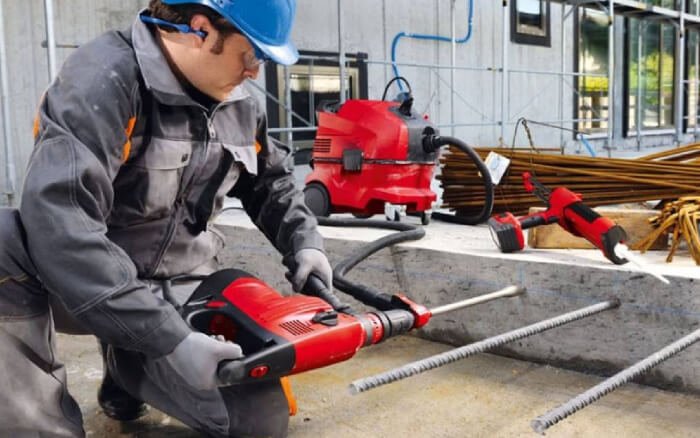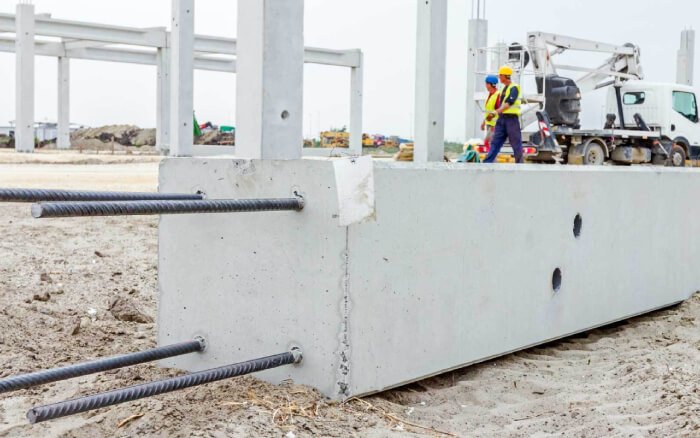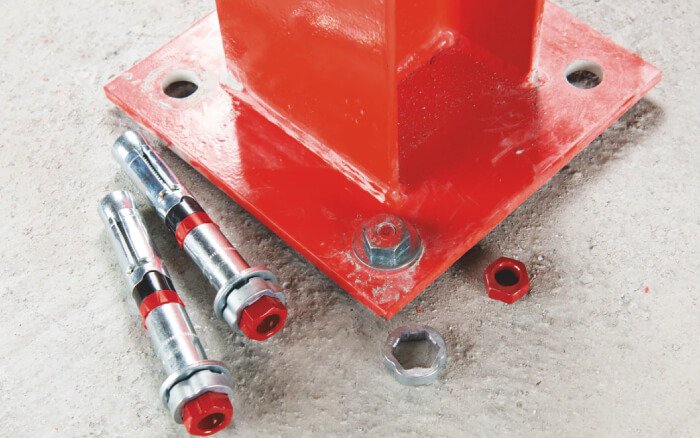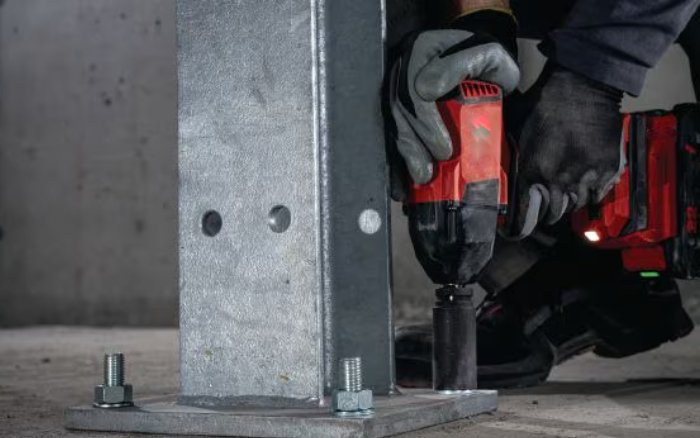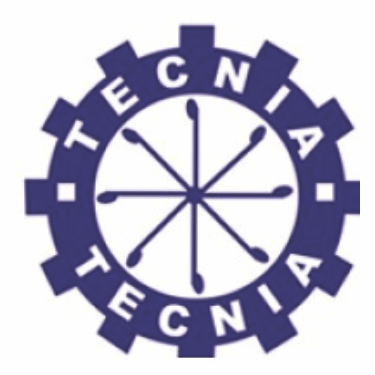What is Mechanical Anchor Fastening?
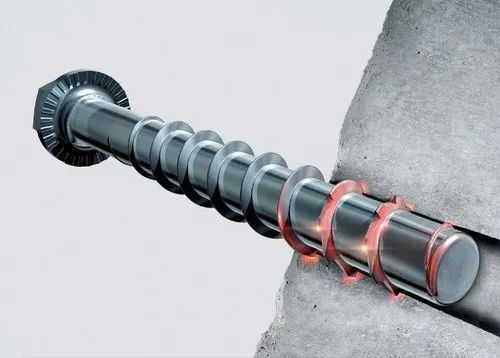 Mechanical anchor fastening is a method used to secure structures, fixtures, or components to concrete, masonry, or other solid materials. It involves the use of mechanical anchors, which are devices that penetrate the base material and provide a strong, reliable connection. These anchors are designed to withstand a range of stresses, including tensile, shear, and lateral forces, making them suitable for various applications in construction and engineering. Mechanical anchors are commonly used in building facades, structural reinforcement, machinery mounting, and other high-performance fastening applications.
Mechanical anchor fastening is a method used to secure structures, fixtures, or components to concrete, masonry, or other solid materials. It involves the use of mechanical anchors, which are devices that penetrate the base material and provide a strong, reliable connection. These anchors are designed to withstand a range of stresses, including tensile, shear, and lateral forces, making them suitable for various applications in construction and engineering. Mechanical anchors are commonly used in building facades, structural reinforcement, machinery mounting, and other high-performance fastening applications.
Types of Mechanical Anchors
There are several types of mechanical anchors, each designed for specific applications and load requirements. Some of the most common types include:
- Expansion Anchors: These anchors expand when a bolt or screw is inserted, creating a tight grip against the walls of the hole. They are ideal for use in concrete and masonry.
- Wedge Anchors: Wedge anchors are designed to provide strong holding power by utilizing a wedge mechanism. They are commonly used in heavy-duty applications such as mounting machinery and structural components.
- Sleeve Anchors: Sleeve anchors feature a cylindrical sleeve that expands to secure the anchor in place. These are versatile and can be used in both concrete and brickwork.
- Concrete Screw Anchors: Concrete screws are designed to be screwed directly into concrete without the need for an anchor plug or sleeve, providing a fast and efficient fastening solution.
- Drop-in Anchors: Drop-in anchors are installed into pre-drilled holes and are used for heavy-duty applications, providing a reliable connection for hanging or mounting applications.
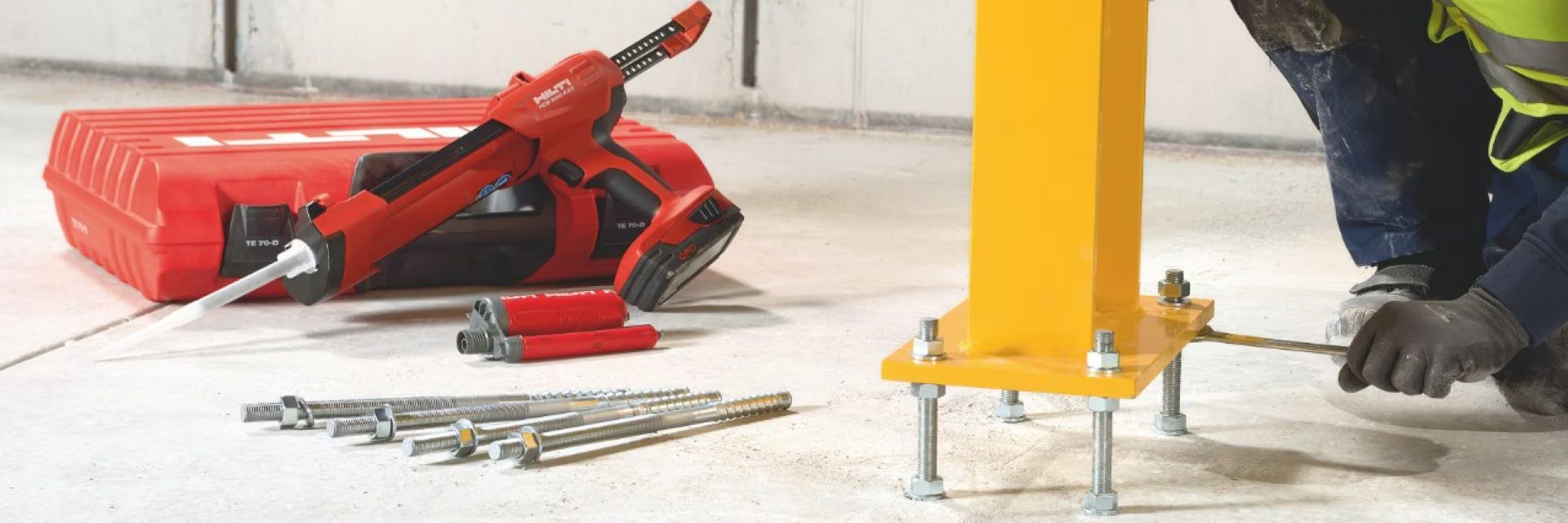
Advantages of Mechanical Anchor Fastening
Mechanical anchor fastening provides several key advantages in construction and renovation projects:
- High Load-Bearing Capacity: Mechanical anchors can support a significant amount of weight and forces, making them ideal for structural applications.
- Easy Installation: Mechanical anchors are designed for quick and easy installation, requiring minimal tools and expertise. Many systems are also reusable and can be removed without damaging the base material.
- Versatility: Mechanical anchors can be used in a wide variety of materials, including concrete, brick, stone, and other masonry, providing flexible fastening solutions for different construction needs.
- Durability: Once installed, mechanical anchors provide a long-lasting, secure fastening solution that can withstand harsh environmental conditions, such as moisture, vibration, and temperature fluctuations.
- Cost-Effective: Compared to other fastening methods, mechanical anchor systems are often more affordable, providing a reliable and budget-friendly solution for a variety of applications.
Applications of Mechanical Anchor Fastening
Mechanical anchor fastening is widely used across various construction and industrial sectors. Common applications include:
- Mounting Machinery and Equipment: Mechanical anchors are used to secure machinery, equipment, and other heavy-duty items to concrete floors or walls in factories, warehouses, and industrial plants.
- Building Facades: Mechanical anchors are used to attach cladding systems, signage, and decorative elements to building exteriors, providing both strength and aesthetic appeal.
- Structural Reinforcement: In structural repairs and renovations, mechanical anchors are used to reinforce foundations, walls, and beams, improving the stability of existing structures.
- Anchoring Fencing and Guardrails: Mechanical anchors are commonly used for securing fences, guardrails, and safety barriers in both residential and commercial settings.
- Construction of Bridges and Overpasses: Mechanical anchors are used to secure structural components, bridge decks, and other key elements in the construction of bridges and overpasses.
Choosing the Right Mechanical Anchor
Selecting the appropriate mechanical anchor depends on several factors, including the type of material being fastened to, load requirements, environmental conditions, and installation method. Here are some key considerations when choosing the right mechanical anchor:
- Material Type: Ensure that the anchor is compatible with the material you are fastening to, whether it’s concrete, brick, masonry, or other materials.
- Load Requirements: Consider the weight and forces that the anchor will need to support. Heavy-duty applications may require wedge anchors or sleeve anchors for added holding power.
- Environmental Conditions: If the anchor will be exposed to moisture, chemicals, or extreme temperatures, choose an anchor material that can withstand these conditions, such as stainless steel or galvanized anchors.
- Installation Method: Consider the ease of installation and whether the anchor will need to be removed or adjusted in the future. Some mechanical anchors, like drop-in anchors, allow for easy adjustments and removals.
Why Choose Mechanical Anchor Fastening?
Mechanical anchor fastening provides a robust and reliable solution for securing components to concrete and masonry. Here are a few reasons why you should choose mechanical anchor fastening for your construction or renovation projects:
- Reliable Performance: Mechanical anchors are known for their strong holding power, ensuring a reliable connection between the base material and the mounted component.
- Ease of Use: These anchors are simple to install, often requiring just basic tools and minimal expertise. They are also reusable and can be removed without causing damage to the base material.
- Wide Range of Applications: Mechanical anchors are versatile and can be used in various construction, renovation, and industrial applications, including mounting, reinforcement, and structural attachment.
- Long-Term Durability: Once installed, mechanical anchors provide long-lasting performance, withstanding harsh environmental factors such as moisture, chemicals, and temperature fluctuations.
Conclusion
Mechanical anchor fastening is an essential technique for securing components and structures in a variety of construction and industrial applications. Whether you're mounting machinery, reinforcing structures, or attaching cladding systems, mechanical anchors provide a reliable, durable, and cost-effective solution. By choosing the right anchor for your specific needs, you can ensure strong and long-lasting connections that contribute to the overall stability and safety of your construction projects.


